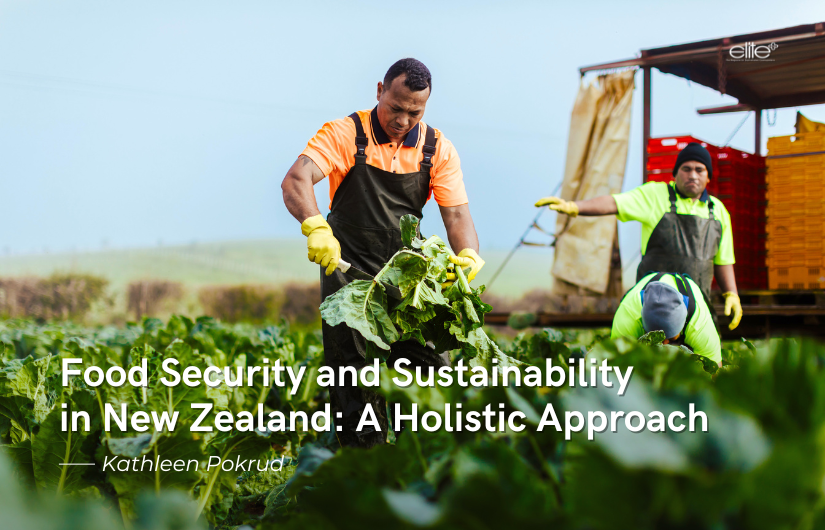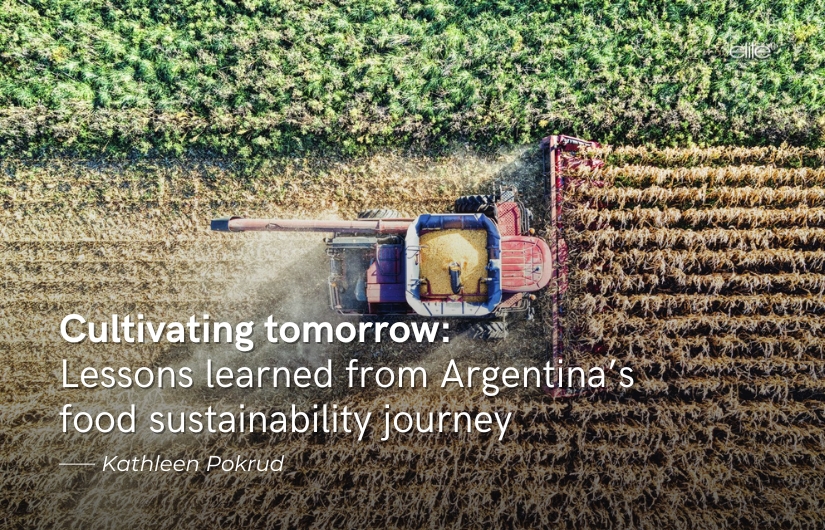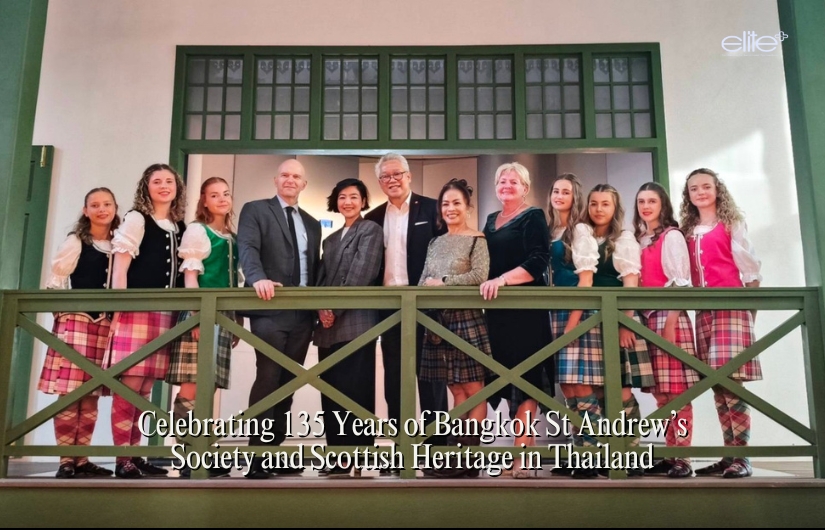Food Security and Sustainability in New Zealand: A Holistic Approach
By Kathleen Pokrud
Photo courtesy of The Embassy of New Zealand
Food security is a prominent issue for the government of New Zealand. As a country that prides itself on being a leading agricultural producer and exporter, New Zealand has long recognised the importance of ensuring a resilient and secure food system. I sat down with HE Ambassador Jonathan Kings to discuss how food sustainability has taken on greater urgency due to global climate disruptions, shifting trade dynamics and a growing awareness of the need to future-proof food systems against shocks. An article on “New Zealand Food Culture” was explored in July 2023, https://www.eliteplusmagazine.com/Article/726/New_Zealand_Food_Culture.

Ambassador Kings admitted, “Food security is a key issue for New Zealand's government, especially considering the global climate crisis, trade disruptions and the need to ensure long-term sustainable food production. The Government has been focused on ensuring that New Zealand maintains a resilient, secure food system through various initiatives and policies, particularly with the increasing pressures on global food systems due to climate change and geopolitical factors. While New Zealand is largely food-secure due to its agricultural output, there are still concerns about food access, affordability and sustainability, particularly for marginalised communities.”
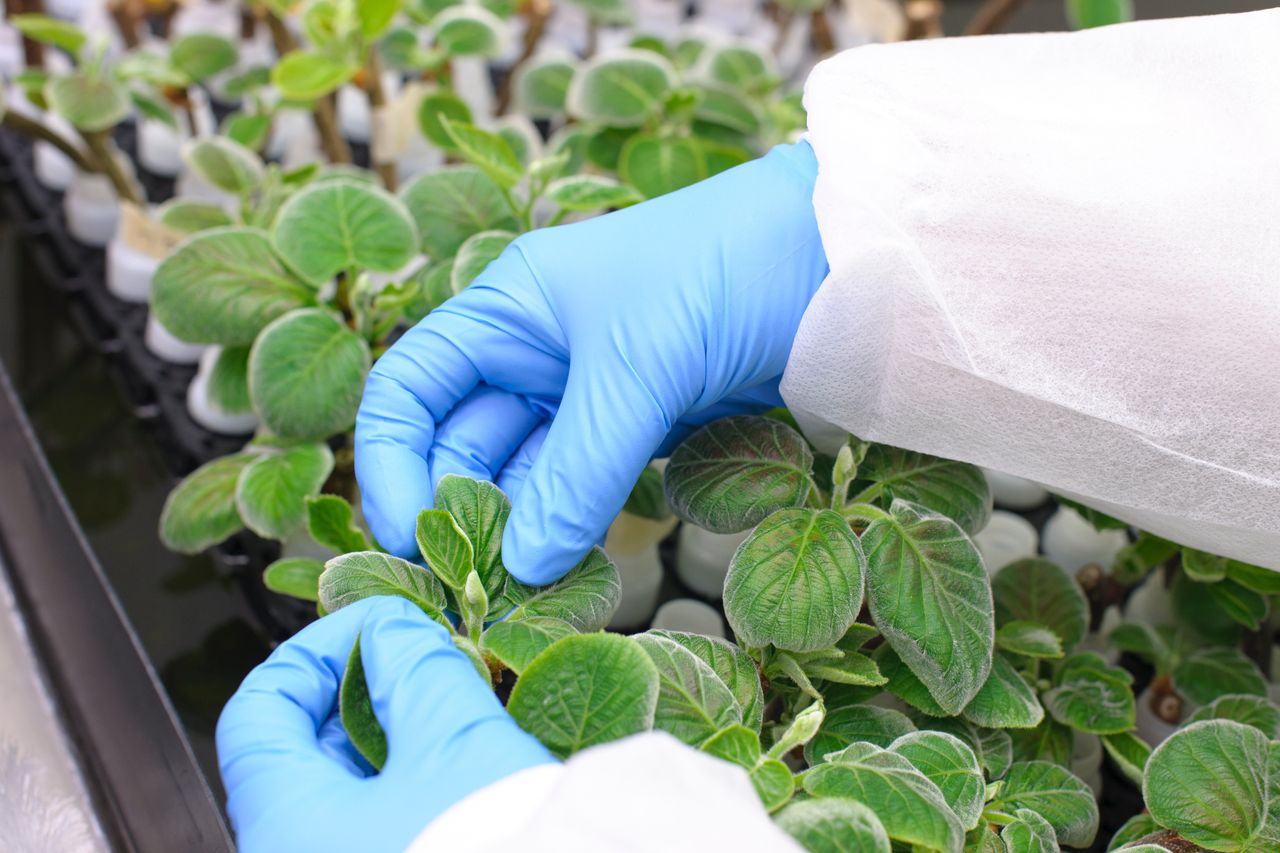
Despite being a global leader in agricultural innovation, Ambassador Kings shared that New Zealand faces a number of challenges in its transition towards more eco-friendly food practices and regenerative agriculture. “These challenges stem from both environmental and socio-economic factors.
“One of the most pressing issues is the impact of climate change on farming conditions. Unpredictable and extreme weather events such as droughts, storms and floods, are becoming more common and can severely disrupt food production. These changes place stress on farmers and food producers, who must adapt quickly to changing conditions.
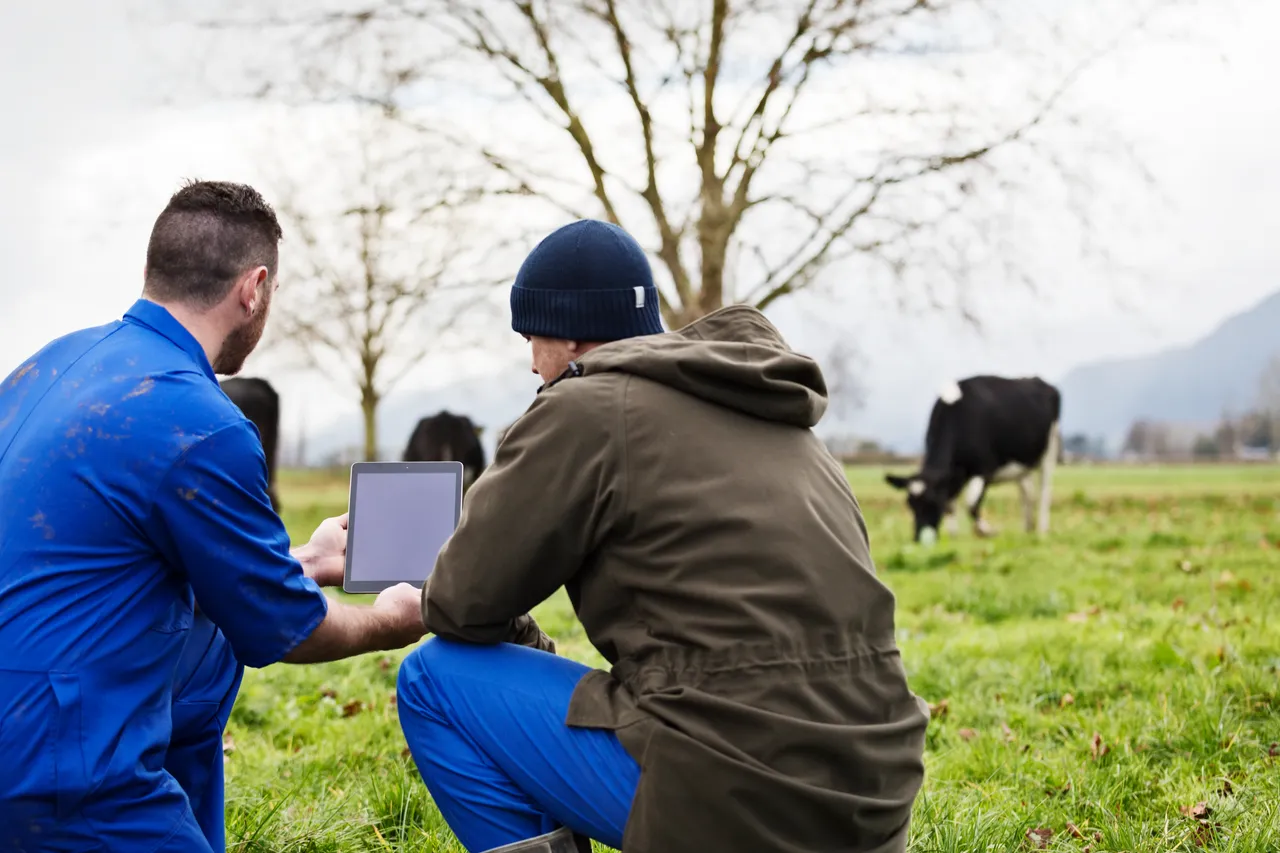
“Secondly, while regenerative agriculture is gaining momentum, there is still a legacy of intensive farming practices that are harmful to the environment. Transitioning to more sustainable and regenerative methods requires investment, knowledge sharing and changes in the farming sector.
“Thirdly, soil fertility and improving water management are significant challenges for farmers, especially with the pressure of intensive dairy farming, which can lead to nutrient runoff and pollution in freshwater bodies.
“Lastly, there are economic pressures. For many farmers, transitioning to regenerative agriculture can be costly, requiring time and resources to retrain and implement sustainable practices without immediate financial returns.”
New Zealand has implemented several policies to encourage food sustainability. Ambassador Kings elaborated, “The Climate Change Response (Zero Carbon) Amendment Act (2019) sets a pathway for New Zealand to achieve net-zero emissions by 2050, with agricultural emissions being a significant part of the discussion.
“In terms of food security, there is the New Zealand Food Security Strategy. The Government is working on long-term strategies that ensure local food production and availability are stable, focusing on maintaining a robust agricultural sector while also promoting sustainable practices.
“Another initiative is the Freshwater Improvement Fund. This fund supports projects aimed at improving water quality in freshwater bodies, which is critical for both food production and the environment.
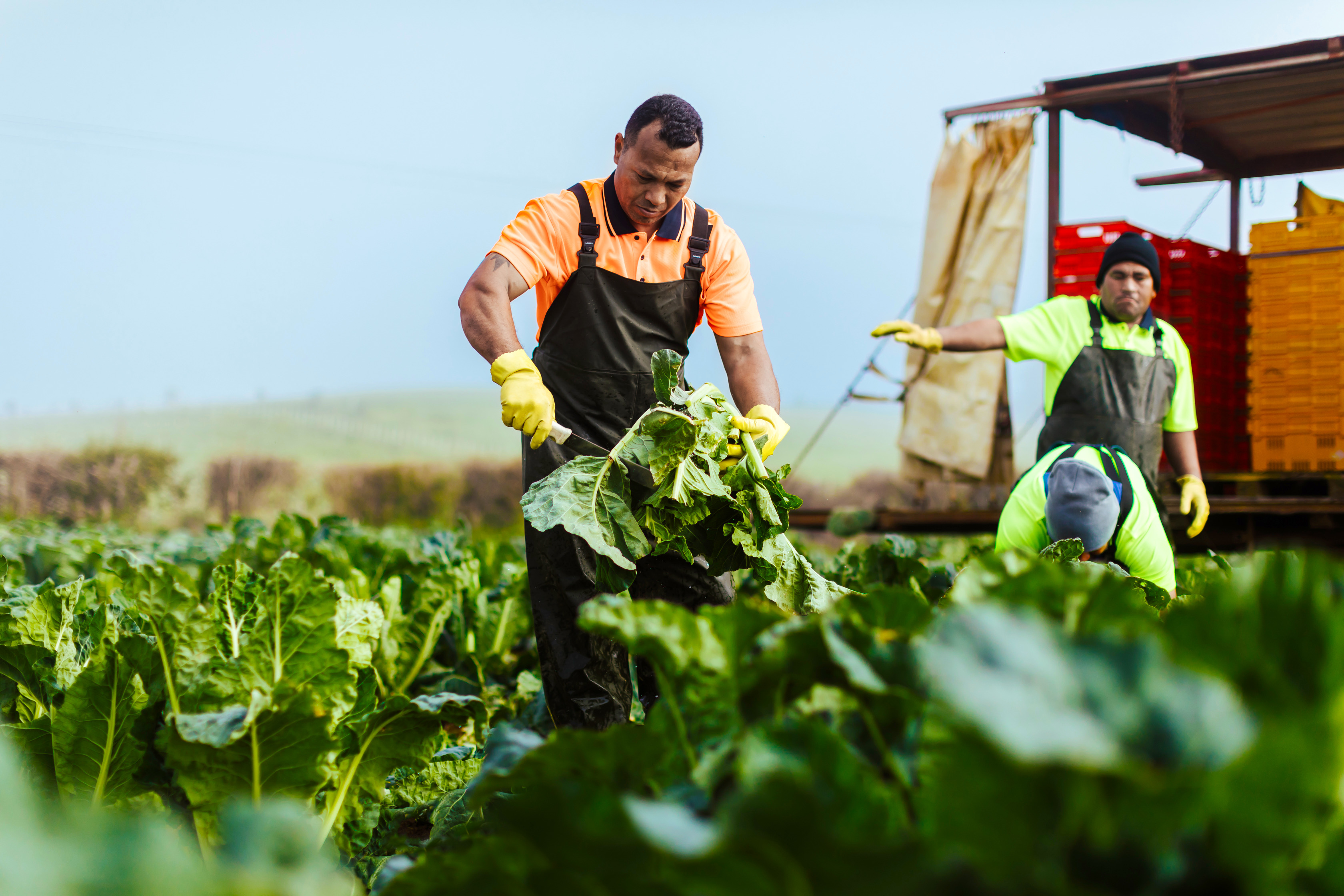
“Concurrently, there are other regenerative farming initiatives to promote regenerative farming methods, which include crop rotation, agroforestry and holistic land management. Several government bodies and agencies are encouraging farmers to transition toward these sustainable practices.”
Aside from government intervention, efforts from grassroots and private sector involvement are significant in New Zealand’s food sustainability. “Listing private sector initiatives, many food producers, particularly in the dairy and wine industries, are adopting sustainability and regenerative practices. Companies, like Fonterra, a major dairy cooperative, are working on reducing emissions and environmental impact.
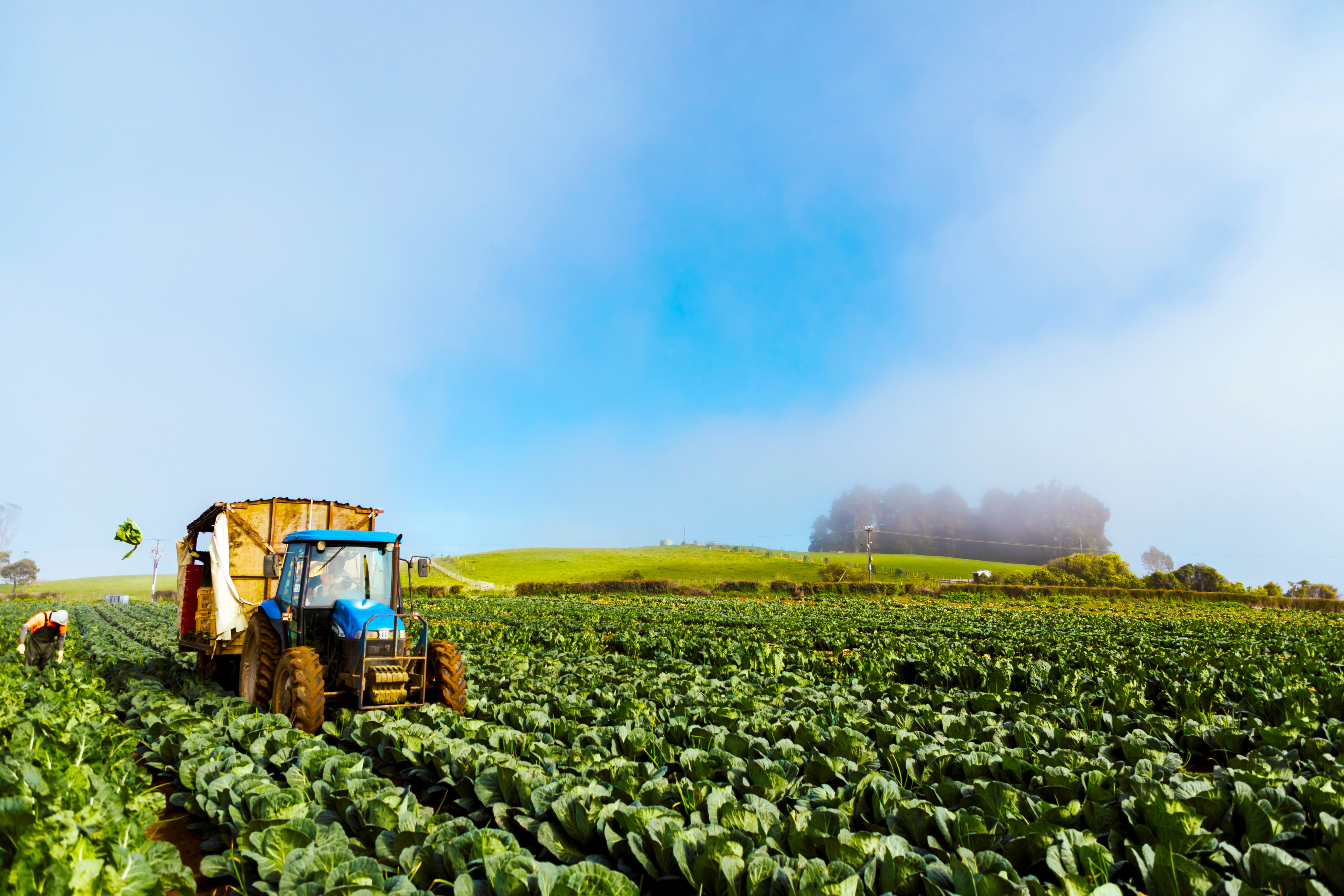
“Other grassroots movements include various local initiatives that are promoting sustainable food production and consumption. For example, community gardens, local food networks and food rescue organizations help make healthy, affordable food available to all.
“Non-governmental organizations (NGOs) also play an important role. There are several NGOs in New Zealand working to improve food systems such as the Sustainable Business Council and Soil & Health Association, which advocate for sustainable agricultural practices and offer resources for farmers.”
New Zealand is considering several future initiatives to further enhance food security and sustainability. Ambassador Kings explained, “With innovative agricultural technologies, there is increasing research into alternative protein sources such as plant-based and lab-grown meat as well as precision agriculture technologies to reduce resource use and environmental impact. Secondly, more research is being carried out into regenerative farming practices to scale these across the agricultural sector.
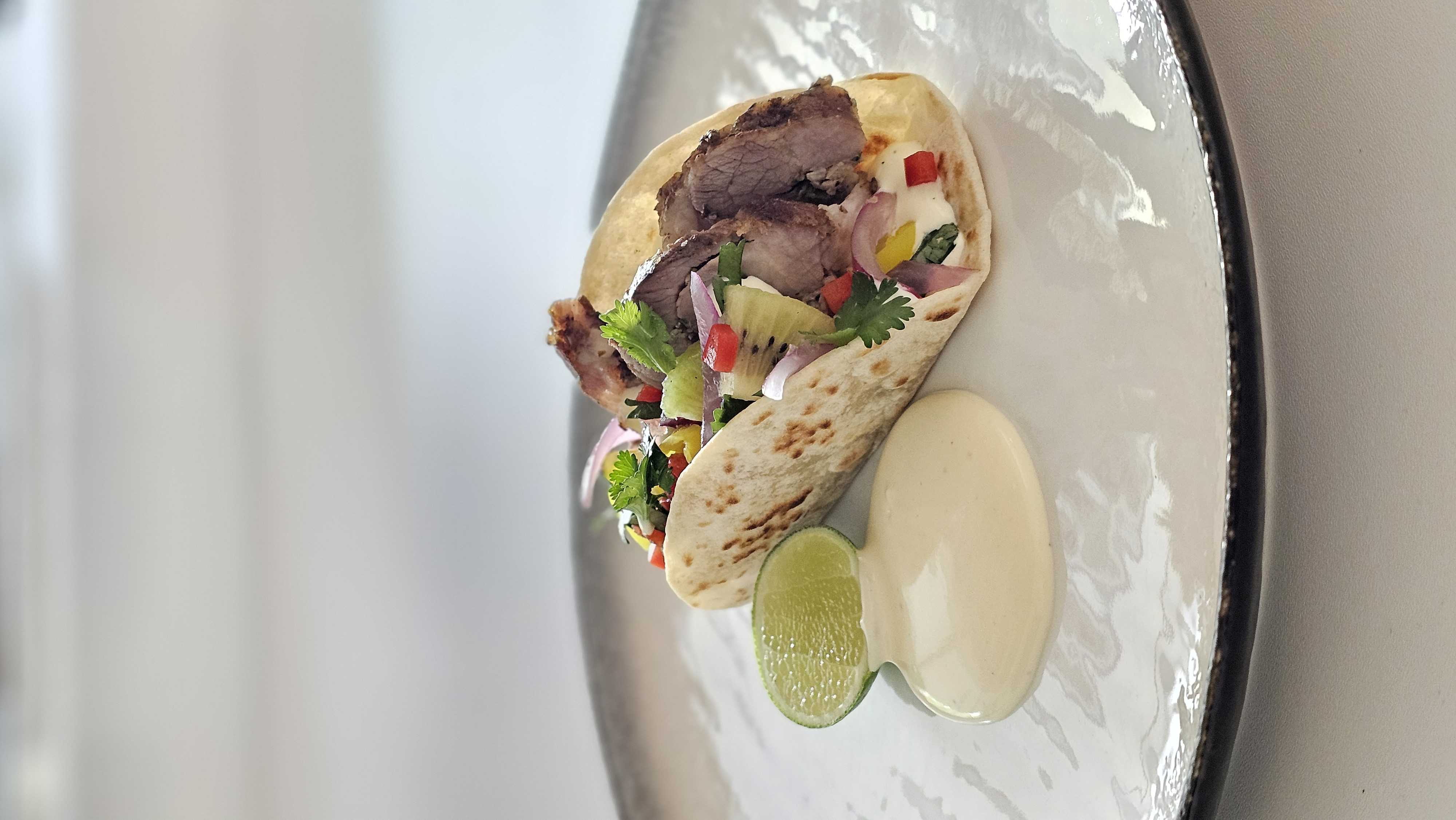
“Thirdly, there is growing interest in developing circular food systems that reduce waste and ensure that food production, processing and consumption are more resource efficient. Lastly, the Government and local groups are exploring agroecology, which integrates ecological principles into food production, to build a more resilient food system.”
On a regional and global level, Ambassador Kings proudly emphasized, “New Zealand is an advocate for food sustainability, particularly through initiatives like the Sustainable Development Goals (SDGs), which New Zealand supports in its role within the United Nations. Additionally, New Zealand plays a key role in the Pacific Islands, providing aid and knowledge sharing to help address food security challenges in the region.
“In the global context, New Zealand's role as a major agricultural exporter means that its sustainability practices have a significant impact on global food systems. The country is actively involved in discussions surrounding climate change and agricultural trade policies, and we are increasingly focused on integrating sustainability across all levels of food production, distribution and consumption.
“New Zealand also works with international bodies, like the World Trade Organization and Food and Agriculture Organization, to promote fair, sustainable food systems worldwide.”
In conclusion, Ambassador Kings summarized our discussion, saying, “New Zealand is striving to balance our agricultural legacy with the pressing need for eco-friendly food practices and sustainability. While the country enjoys a strong agricultural foundation, it recognises the urgent need to adapt in the face of global challenges. Through forward-thinking policies, grassroots activism and international cooperation, New Zealand is striving to lead by example, in creating a food system that not only feeds its people, but also nurtures the planet.”



